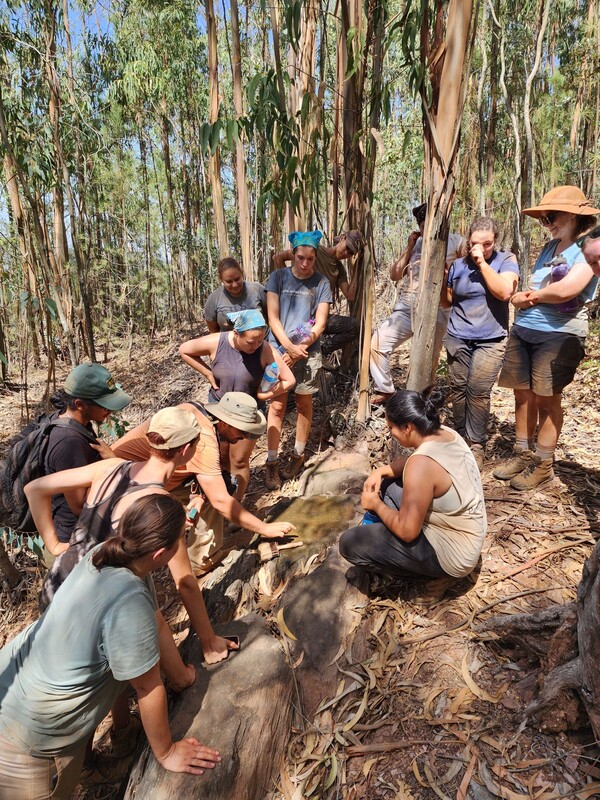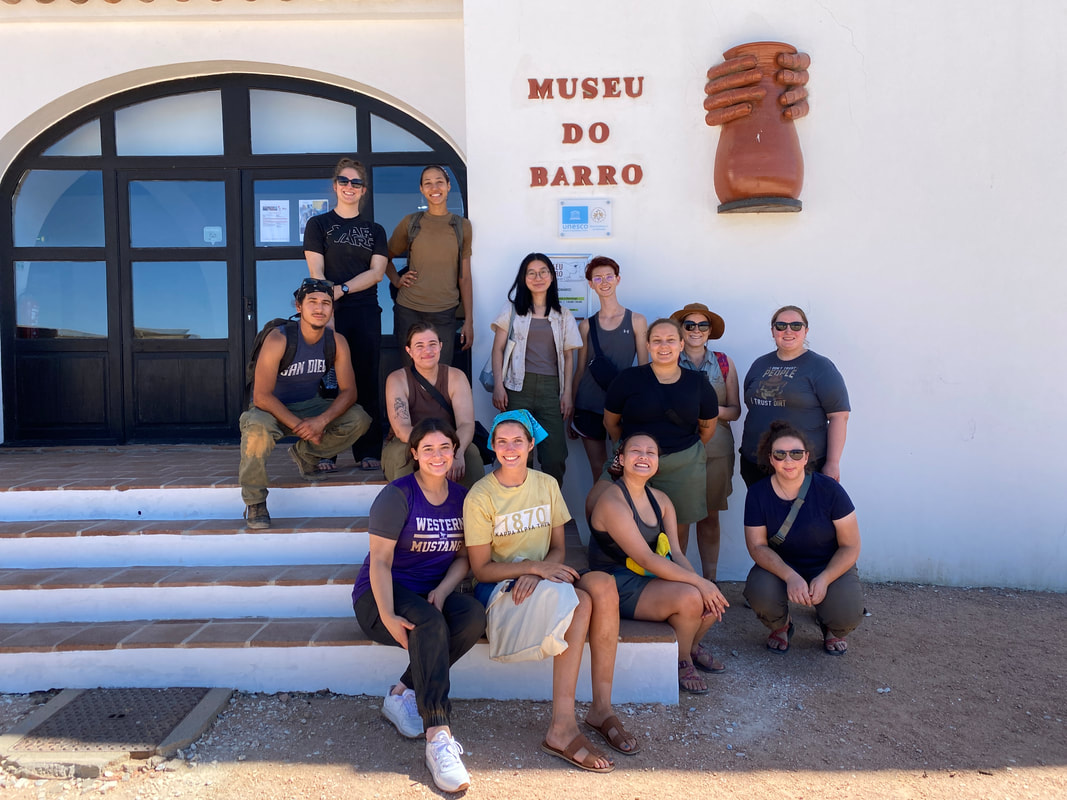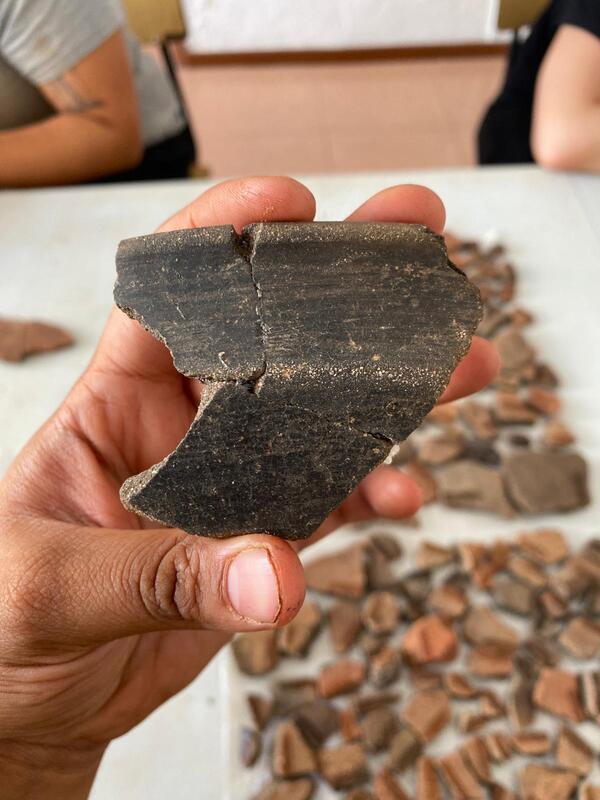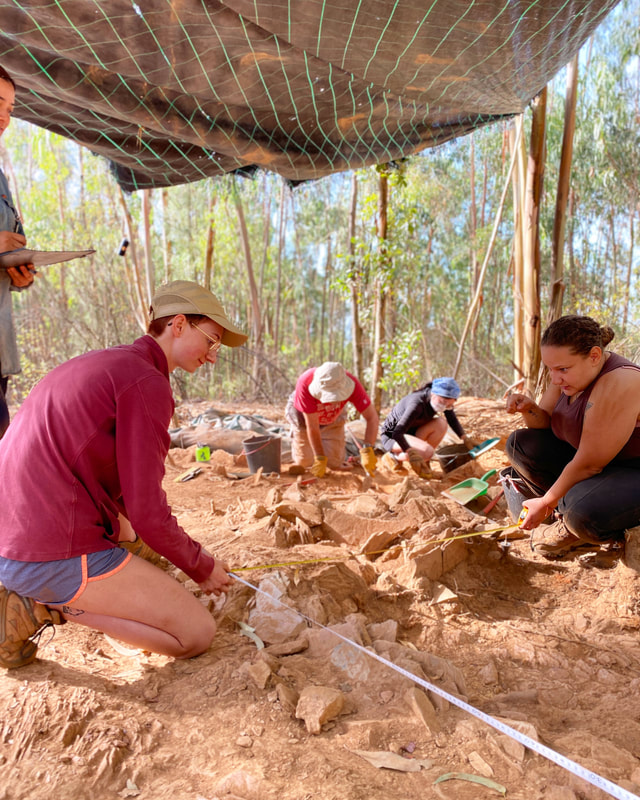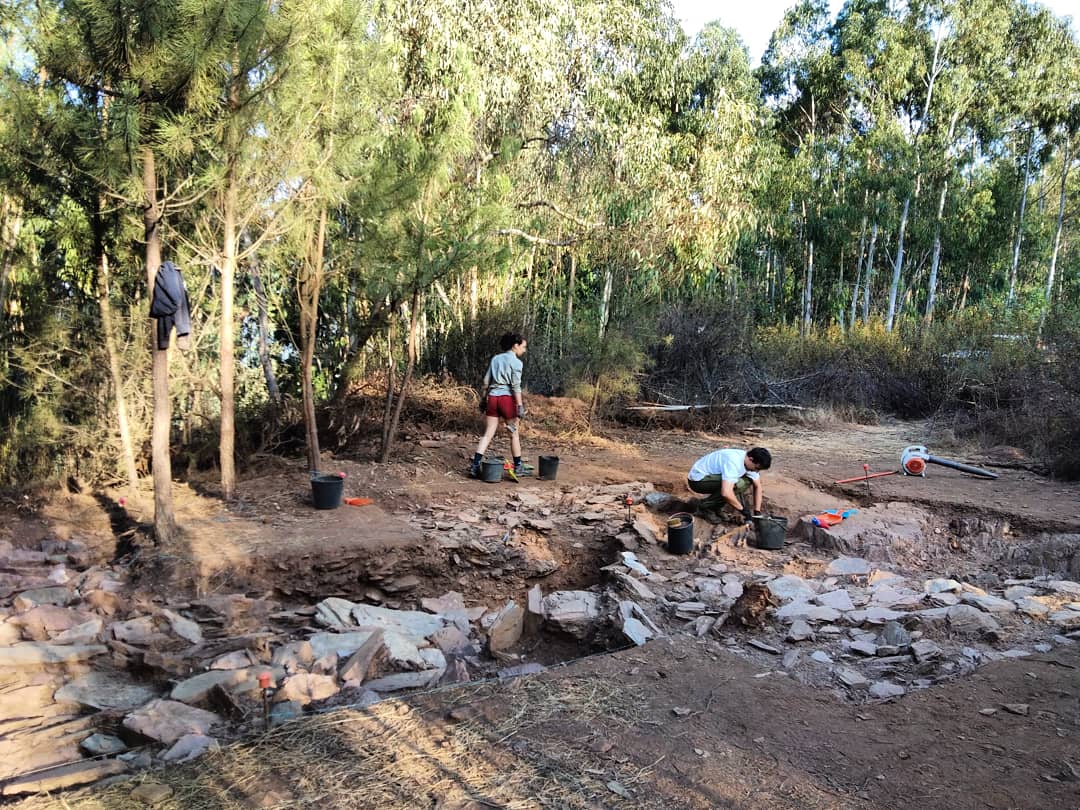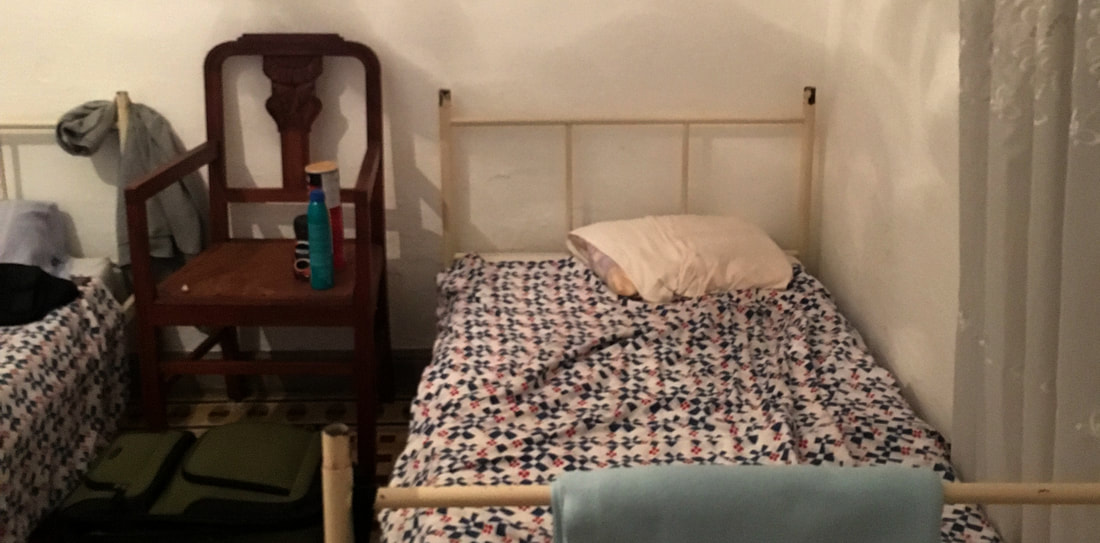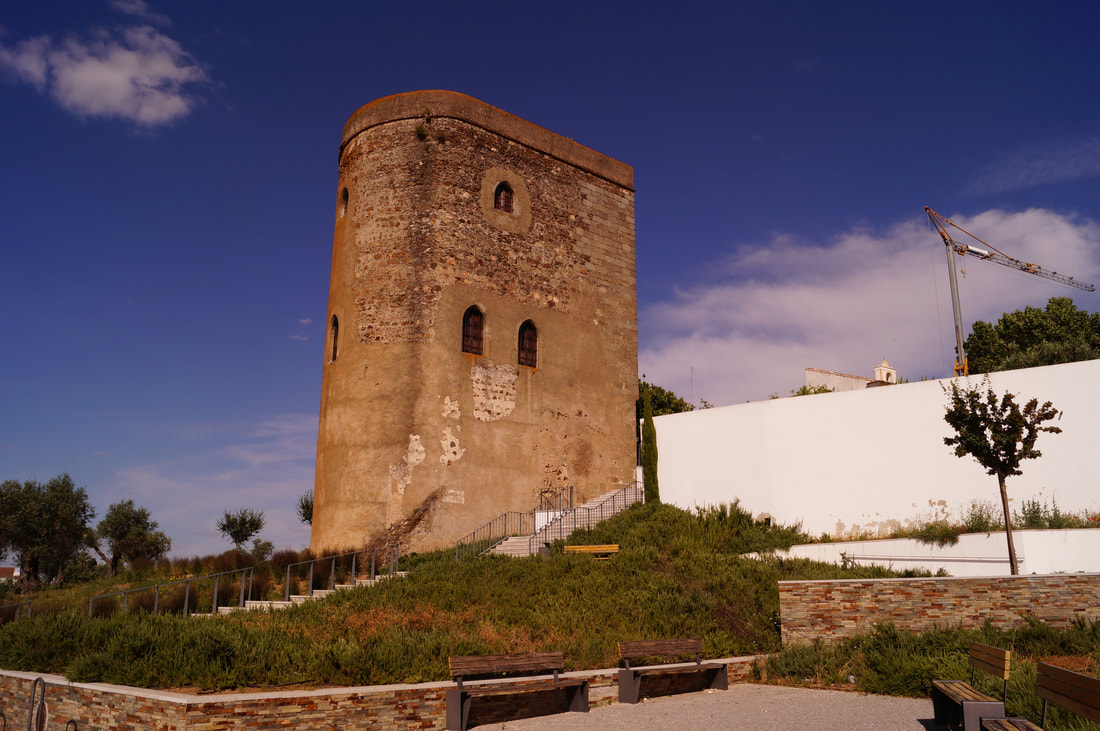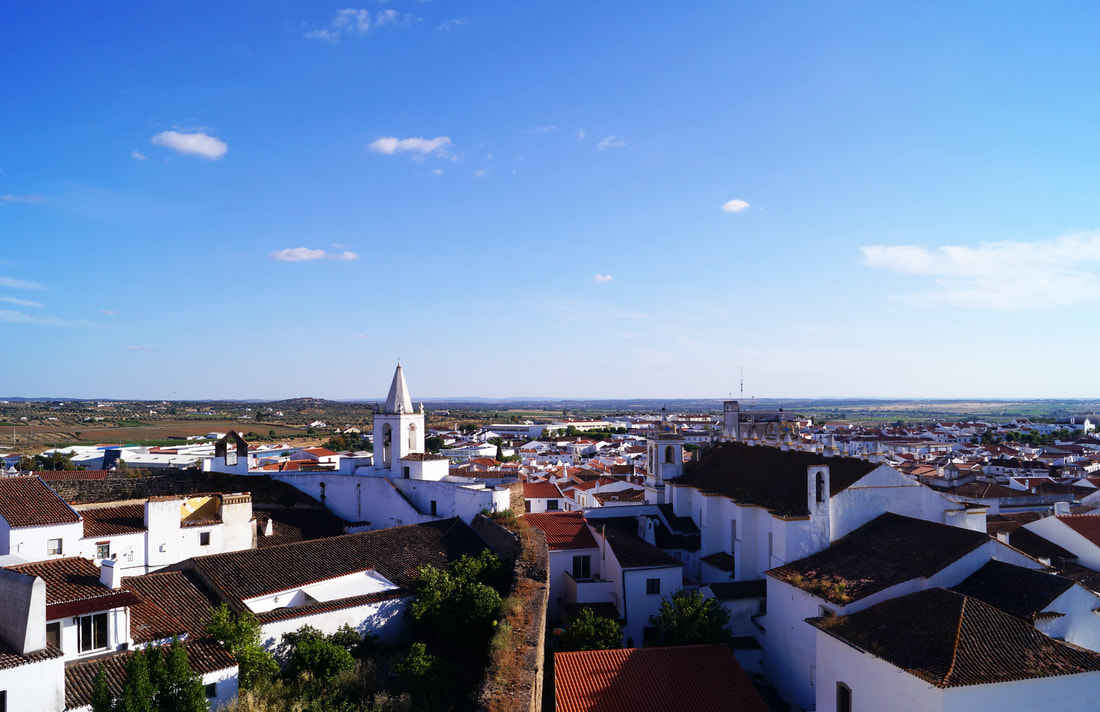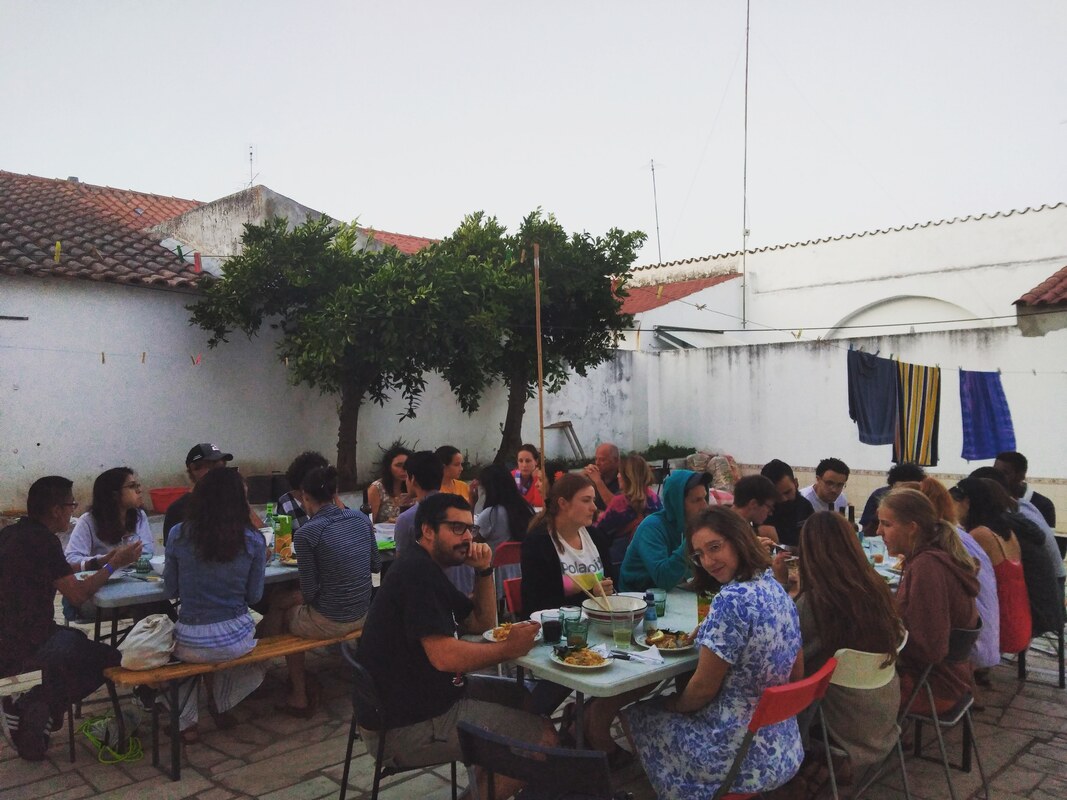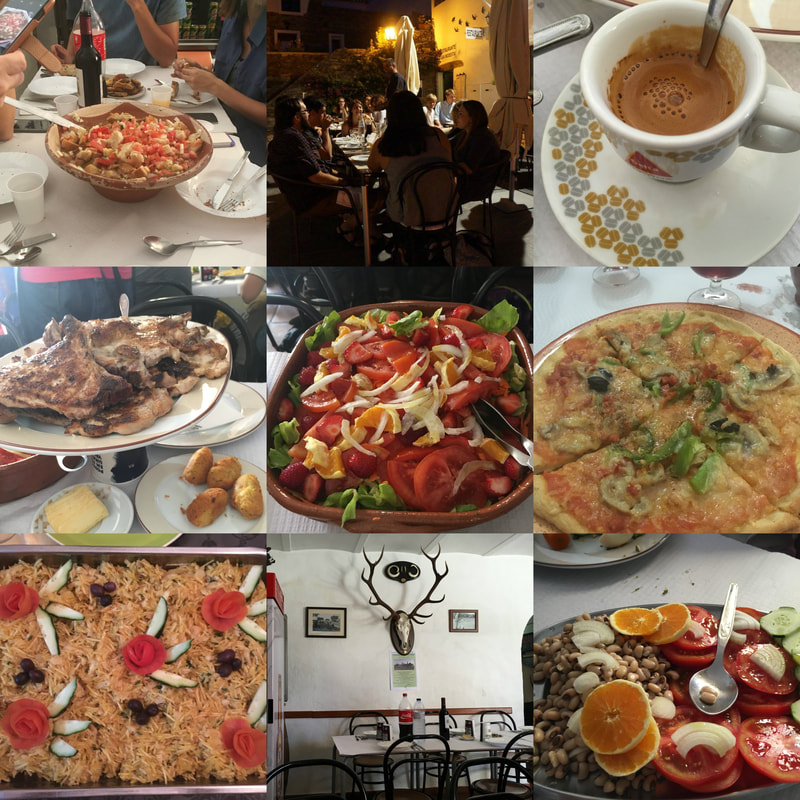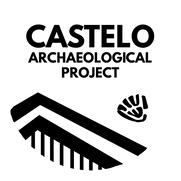THE FIELD SCHOOL EXPERIENCE
LIFE ON THE PROJECT
|
Daily Schedule
The typical weekday schedule (Monday-Friday) will consist of the following. Please note that these times are approximates and are subject to change. 6:30 am → Departure time. Students will be picked up from the dig houses and driven to site. 7:15-10:30 am → Fieldwork. 10:30 am → On-site break! Pack snacks. 12:45 pm → Pack up and and prepare to leave site. Students will be driven back to town to have lunch. 1:30-3:00 pm → Lunch at restaurant (provided). 3:00-6:00pm → Lab work: pottery washing & recording. 6:00-8:00pm → Free time. 8:00-10:00pm → Dinner at home (provided). 10:00-whenever one is inclined to sleep → Free time! Accommodation
Students will be housed together in the town of Redondo. Most rooms will be shared by two or more students, and sometimes on bunk beds. Sleeping arrangements are gender-separated. Spaces are communal - there is a shared kitchen, bathrooms, washing machine, and dining room. Students are responsible for cleaning these spaces and doing the assigned chores each weekend. Students will do their own laundry. Please note that there is no wifi or air conditioning in the houses, though fans will be available. The Town of Redondo
The town of Redondo is quite small but very friendly. During their free time, students are encouraged to explore and familiarize themselves with the town. Free wifi is available in various public spaces around town (including the pool) - make sure you bring your own cellphone or laptop. If you’d like to get a phone plan (cellular data plans are quite affordable in Portugal) you may do this at the airport in Lisbon, though some shops sell SIM cards in Redondo. Students will also have access to the outdoor community pool - so make sure to bring your swimsuits! Please remember - members of the Castelo Project are guests to the Municipality of Redondo, and your behaviour reflects not just you, but on ours and other projects based in town. Respect for the town and its residents is of the utmost importance. |
Transportation
Students are expected to provide their own transportation to and from Portugal (Lisbon airport) as airfare is not included in the tuition. Once in Portugal, transportation will be provided by the field school. Upon arrival at the Lisbon airport on Sunday, August 4th, students will be greeted by either Rui, Bianca, or Pouca and brought as a group to Redondo. At the end of the three week session or four week session, students will be brought back to the Lisbon airport or elsewhere in the city if they plan to stay in Portugal a while longer after the project. Please inform us of your travel plans as far in advance as possible. Meals
On weekdays, the field school provides students with three meals per day. Breakfast is provided at the dig house and students are expected to prepare it themselves. Lunch is served at a local restaurant. Dinner is provided by a local restaurant but eaten at home. Students should expect to eat a great deal of local Alentejan cuisine. The project will do its best to accommodate dietary needs, but students must inform us of any dietary requirements, and/or allergies in their forms. Due to the nature of Alentejan cuisine, we are able to accommodate vegetarian diets, but any other dietary requirements must be discussed with one of the directors. Health & Safety
Insurance (Health & Travel)
Pre-existing Medical Conditions & Medication
Field Conditions & Physical Labour
|

